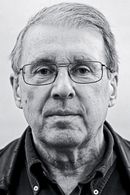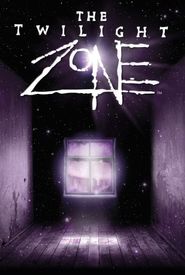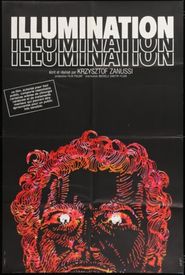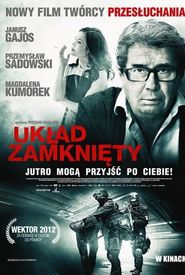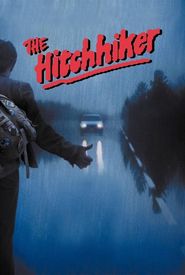Ryszard Bugajski's professional journey commenced with a stint at StudioX in the late 1970s, where he collaborated with the renowned Andrzej Wajda. As he navigated this creative environment, Bugajski found himself under pressure from the secret police to become an informant. However, instead of succumbing to their demands, he made a bold decision to attempt to topple the Communist regime.
In the midst of the Solidarity uprisings, Bugajski directed his first feature film, "Interrogation", which served as a scathing critique of the system. The film was completed in secret during the martial law era, and despite being banned by the authorities, it managed to reach millions of Poles through illegal VCR screenings.
Following his courageous stance, Bugajski and his wife were persecuted by the secret police, and he was subsequently banned from working in the film industry. The couple fled to Canada in 1985, where Bugajski quickly adapted to his new surroundings by learning English and securing work directing television series and films.
Years later, with the fall of Communism in Poland, "Interrogation" gained international recognition, earning a nomination for the Palme d'Or at the 1990 Cannes Film Festival. The film's lead actress, Krystyna Janda, also received a Best Actress nomination for her outstanding performance.
After his return to Poland in 1995, Bugajski continued to make feature films, documentaries, television series, and television features. He has also ventured into literature, publishing several novels. Throughout his career, he has received numerous awards at film festivals, including recognition for his critically acclaimed and commercially successful films, such as "General Nil" (2009) and "The Closed Circuit" (2013).
